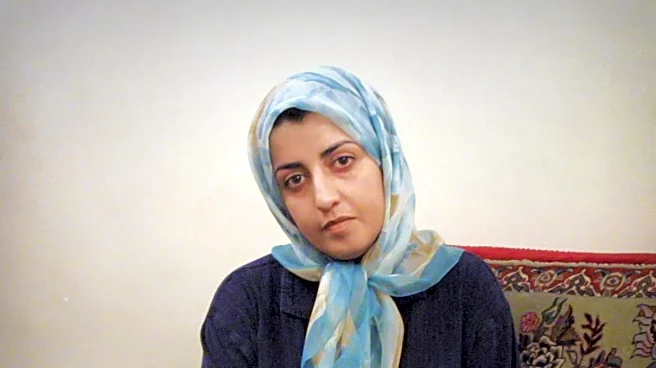What is the story about?
What's Happening?
In a report by NPR, two women from Gaza shared their experiences and perspectives following a ceasefire that ended two years of conflict. The women discussed themes of grief, survival, and hope, highlighting the emotional and social impacts of the war. Their reflections provide insight into the human dimension of the ceasefire, emphasizing the resilience and aspirations of those affected by the conflict.
Why It's Important?
The personal stories of individuals in Gaza underscore the broader humanitarian implications of the ceasefire. These narratives are crucial for understanding the social fabric and community dynamics in post-conflict settings. The experiences of these women can inform international aid strategies and policy decisions, emphasizing the need for support systems that address both physical and psychological recovery. Their voices contribute to a deeper understanding of the challenges faced by civilians in conflict zones.
What's Next?
As the ceasefire holds, efforts to rebuild and support affected communities are expected to intensify. International organizations and local authorities may focus on providing resources for mental health support, education, and economic recovery. The resilience demonstrated by individuals like these women could inspire initiatives aimed at fostering community cohesion and empowerment.
Beyond the Headlines
The reflections of Gaza's women highlight the cultural and ethical dimensions of post-conflict recovery. Their stories may influence global perceptions of the region, encouraging a more nuanced approach to peacebuilding that prioritizes human rights and dignity. Long-term cultural shifts could emerge as communities rebuild and redefine their identities in the aftermath of conflict.















